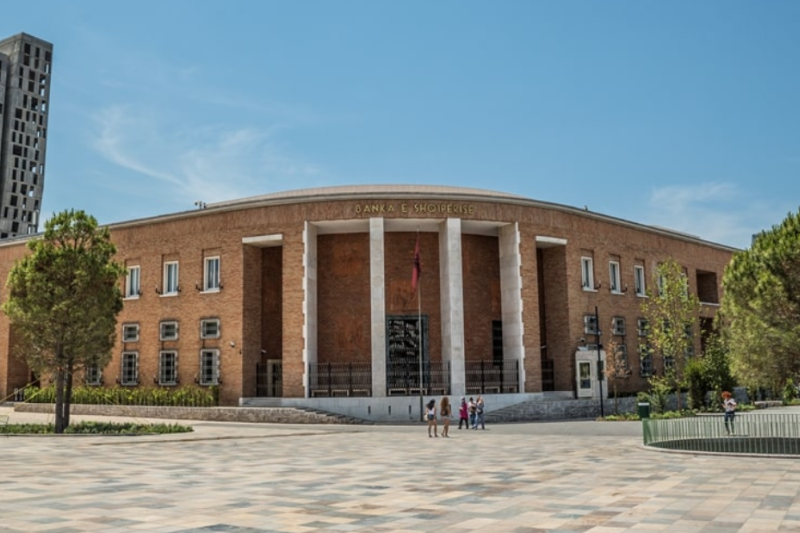Low Inflation from Imports, Exchange Rate
The decline in inflation in the economy continues to be mainly influenced by the prices of imported goods and the exchange rate.
In the monetary policy report for the last quarter of the year, the Bank of Albania concludes that, as a whole, inflationary pressures have been decreasing, but this tendency has been especially fast for those with foreign sources.
The reduction of imported inflation, according to the Bank of Albania, is dictated by the drop in inflation in trading partners, the drop in the prices of basic food and oil, as well as the further strengthening of the exchange rate during 2024.
Consumer price inflation recorded an average level of 2% during the third quarter, marking a slight decrease compared to the previous quarter.
On the other hand, Boa estimates that the decrease in internal inflationary pressures has been driven by the normalization of the stance of monetary policy over the last two years, normalization which has enabled the anchoring of inflation expectations, has helped the normal functioning of financial markets, as and has influenced the reduction of uncertainties.
In their reflection, core and domestic inflation have been reduced from the high levels of the last two years, but this reduction is slower than the fall in inflation of imported items. In particular, the Bank of Albania once again assesses that the high inertia of internal inflation is driven by the relatively high demand for goods and services and the strong labor market.
According to the report, risks to inflation in the short term have shifted downwards, while in the medium term, they are generally balanced. A further decline in the prices of basic goods, a faster appreciation of the exchange rate, or a downward shift in the expectations of economic agents for future inflation, could lead to lower inflation than forecast.
But, on the other hand, a faster economic growth than the forecast or a stronger transmission of wage growth in the final prices of consumer products, could push inflation to the upper direction.
BoA’s Supervisory Council decided last week to lower the base interest rate from 3% to 2.75%. This was the second reduction of the base rate for this year after that of early July.
"Our expectations for the future have not undergone significant changes. In the baseline scenario, we expect a further, stable, and continuous increase in economic activity, accompanied by an increase in employment and wages. The rate of economic growth is expected to fluctuate near the potential in the medium-term horizon, enabling full utilization of productive capacities and sustainable economic development,” said the Governor of the Bank of Albania, Gent Sejko.













